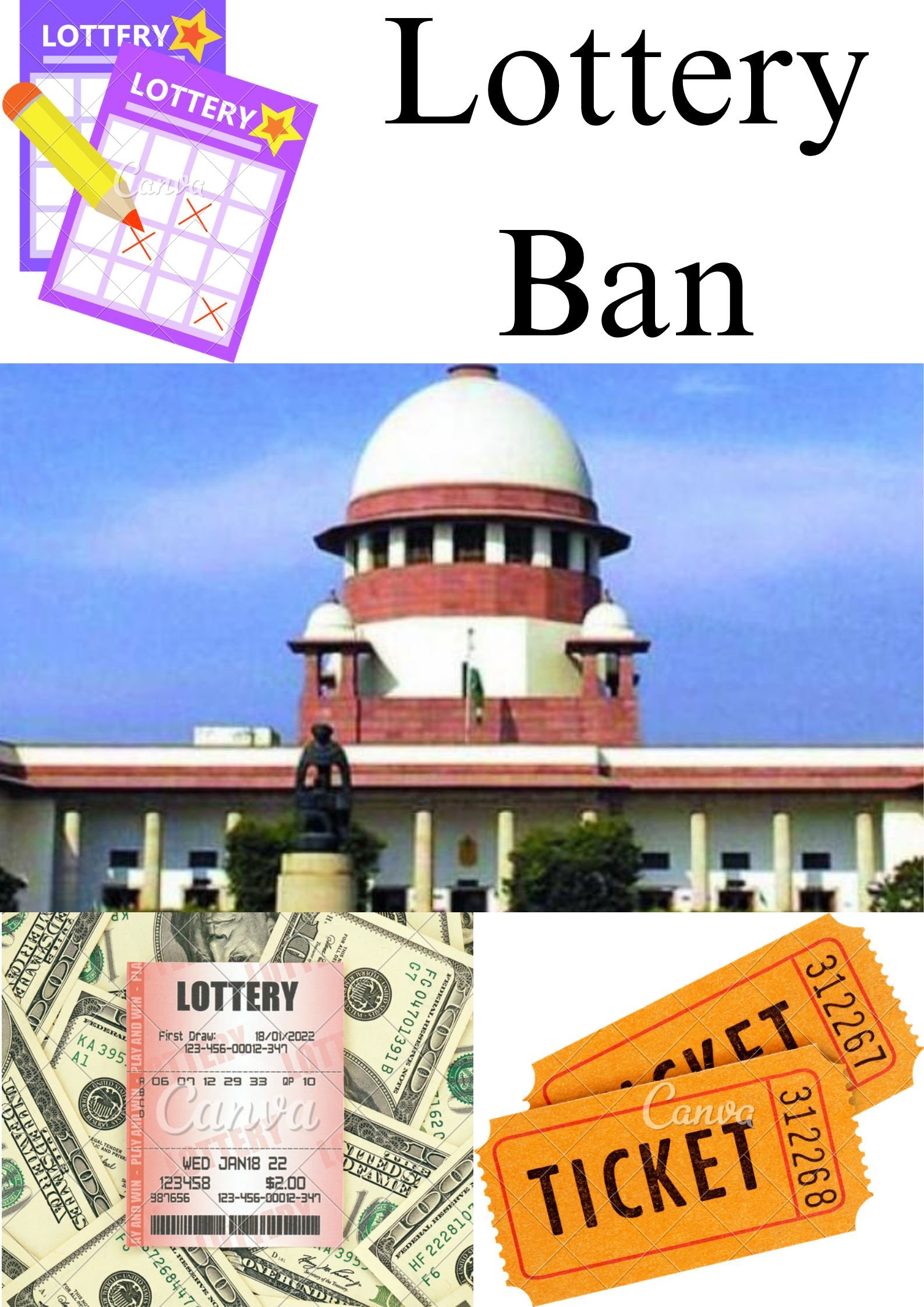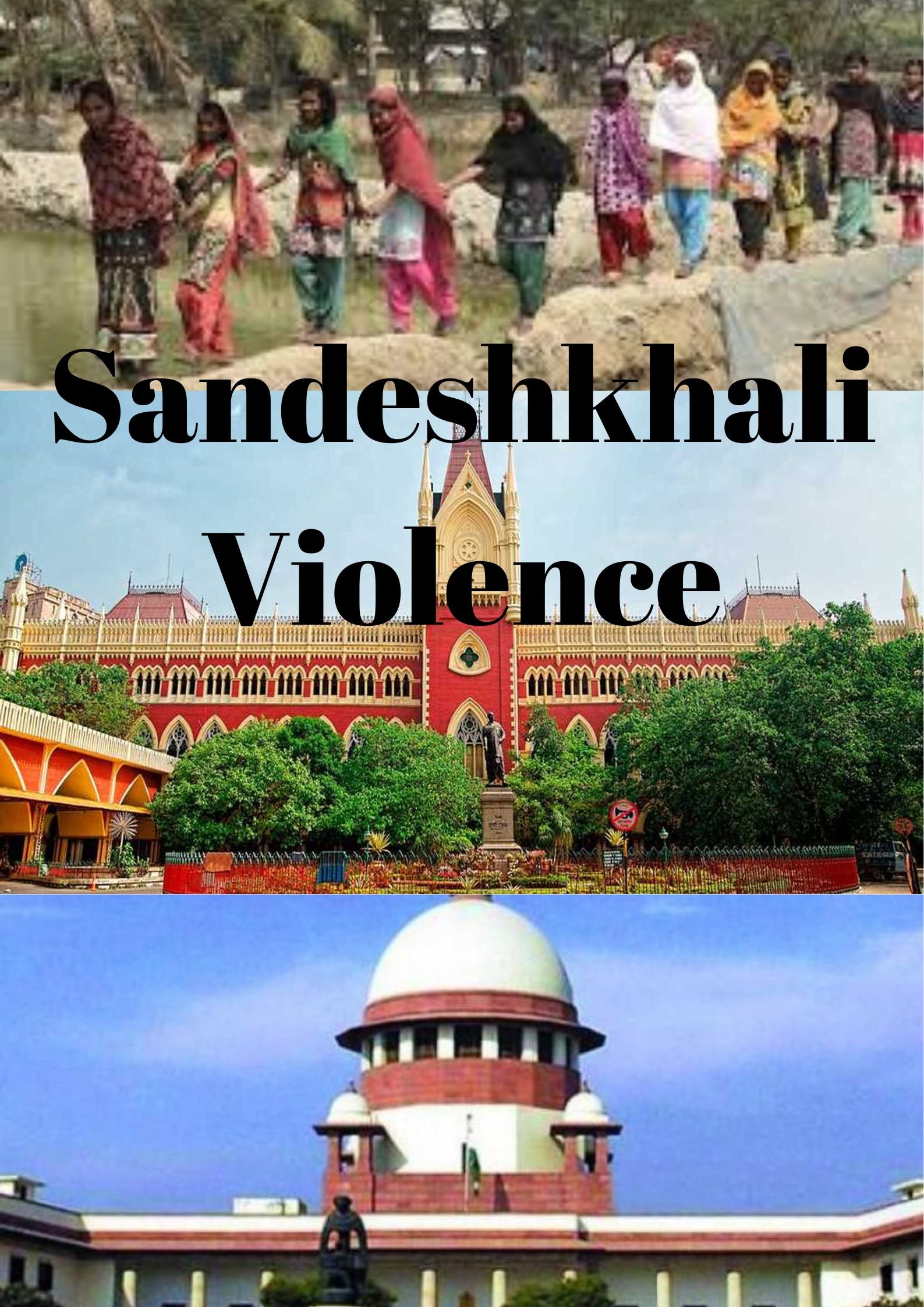Two weeks later, the court set directions for the case and asked the respondents to submit statements indicating whether they were required to provide evidence or records.
The Supreme Court, on Monday, prioritized cases involving human liberty over those concerning lotteries, rejecting the Meghalaya government’s challenge against the prohibition of its lottery by various states [State of Meghalaya vs Union of India and Ors].
Initially, a bench comprising Justices Abhay S. Oka and Ujjal Bhuyan scheduled a hearing on interim relief for September.
Senior Advocate Mukul Rohatgi, representing the State of Meghalaya, requested an expedited date to conclude the proceedings, citing revenue concerns. He asserted that the sole constitutional issue was the legality of legislation prohibiting lotteries and no evidence needed to be documented.
In response, Justice Oka remarked, “We have matters of human liberty that are more important than lottery!”
The court deferred the case for directions after two weeks and asked the respondents to specify if they needed to submit any evidence in response to Rohatgi’s assertions.
In May of the previous year, the Supreme Court ruled that the lawsuit was maintainable and could not be dismissed outright.
The case involves an initial lawsuit filed by the State of Meghalaya in the Supreme Court challenging Section 5 of the Lotteries (Regulation) Act, which grants states the power to prohibit the distribution of lottery tickets organized, conducted, or promoted by other states.
The Meghalaya government sought a declaration that Rule 5 of the Lotteries (Regulation) Rules, 2010, and Sections 5, 6, 7, 8, and 9 of the Lotteries (Regulation) Act are ultra vires and unconstitutional. It also filed an injunction against states prohibiting the sale of lottery tickets originating from Meghalaya.
The plea highlighted that the Central government has jurisdiction over lotteries organized by other states and argued that states should not be allowed to prohibit such activities.
During earlier hearings, the Supreme Court had questioned whether a state’s prohibition of products from another state was permissible under a federal structure.
The Central government’s counsel argued that lotteries qualify as a form of wagering and could be policy-prohibited by state legislatures based on established legal principles.



